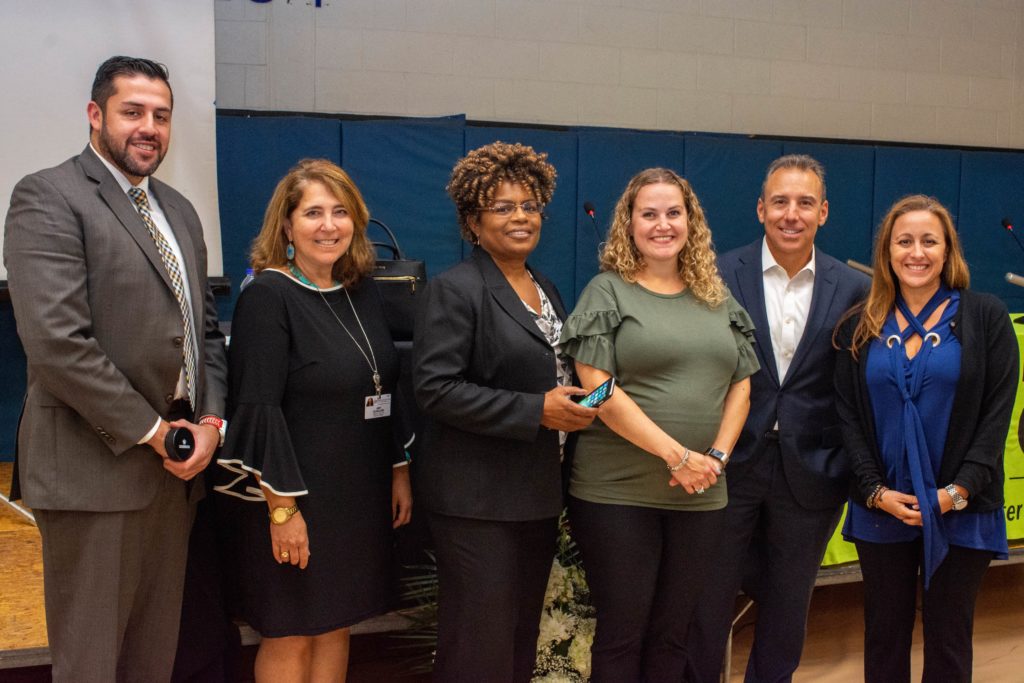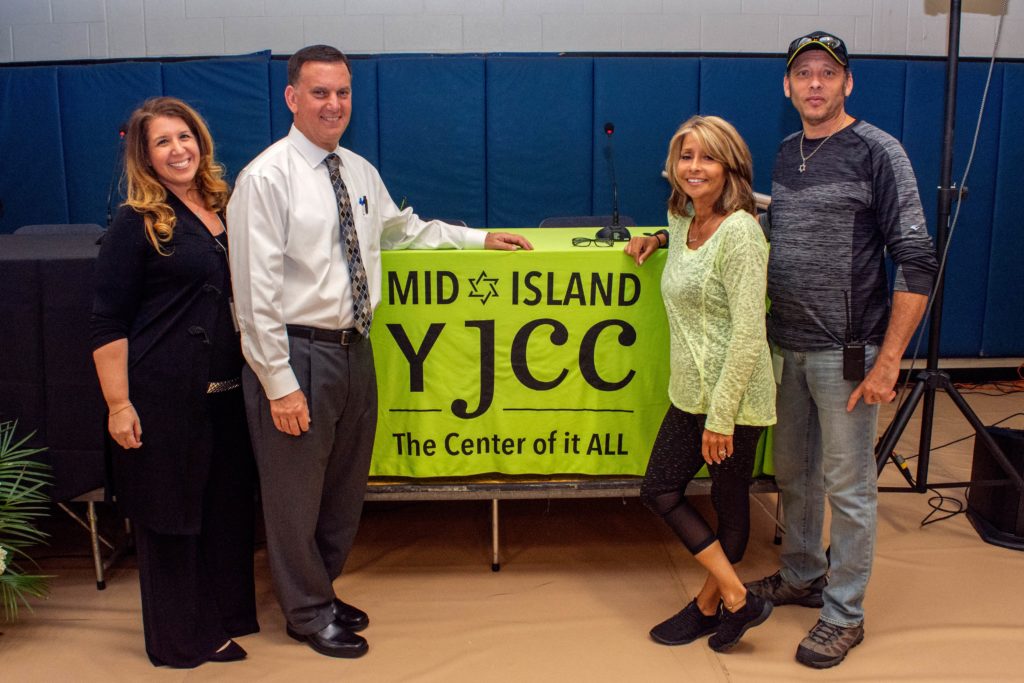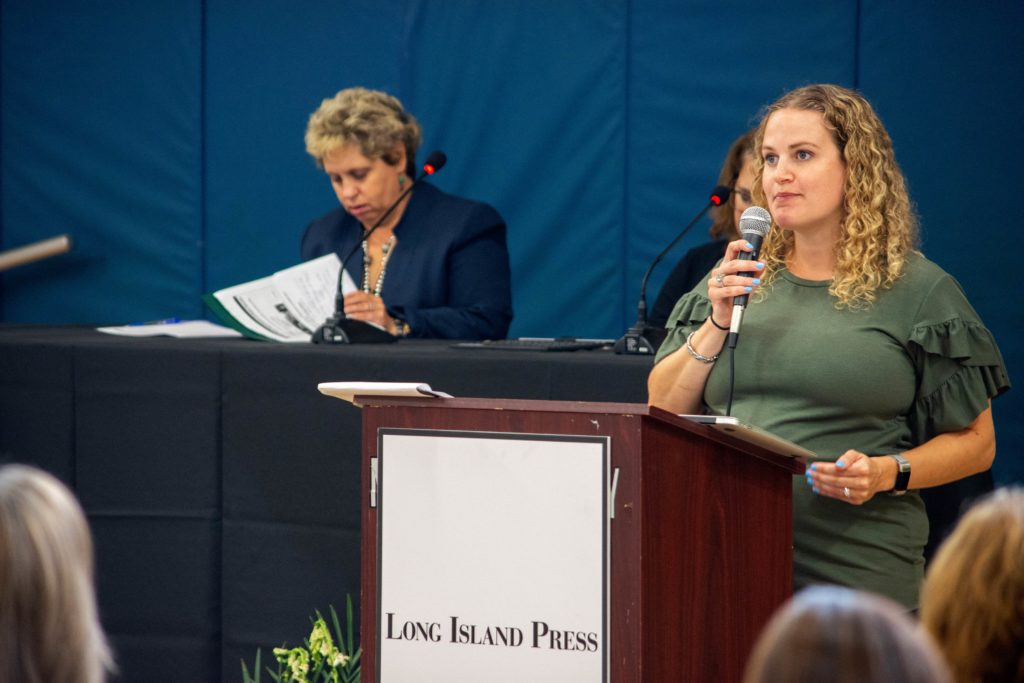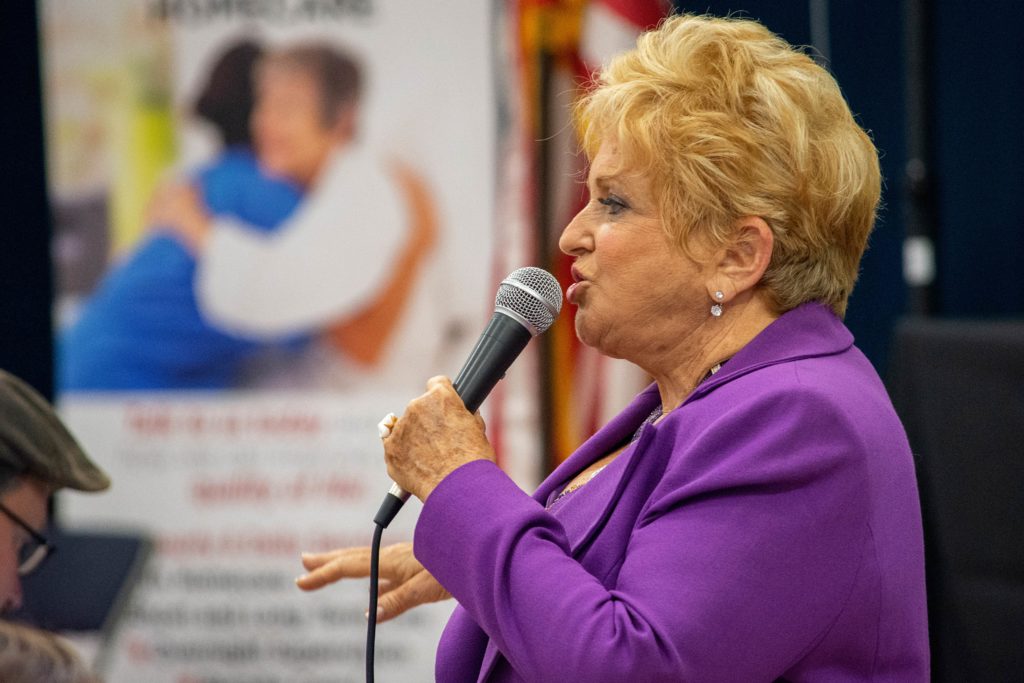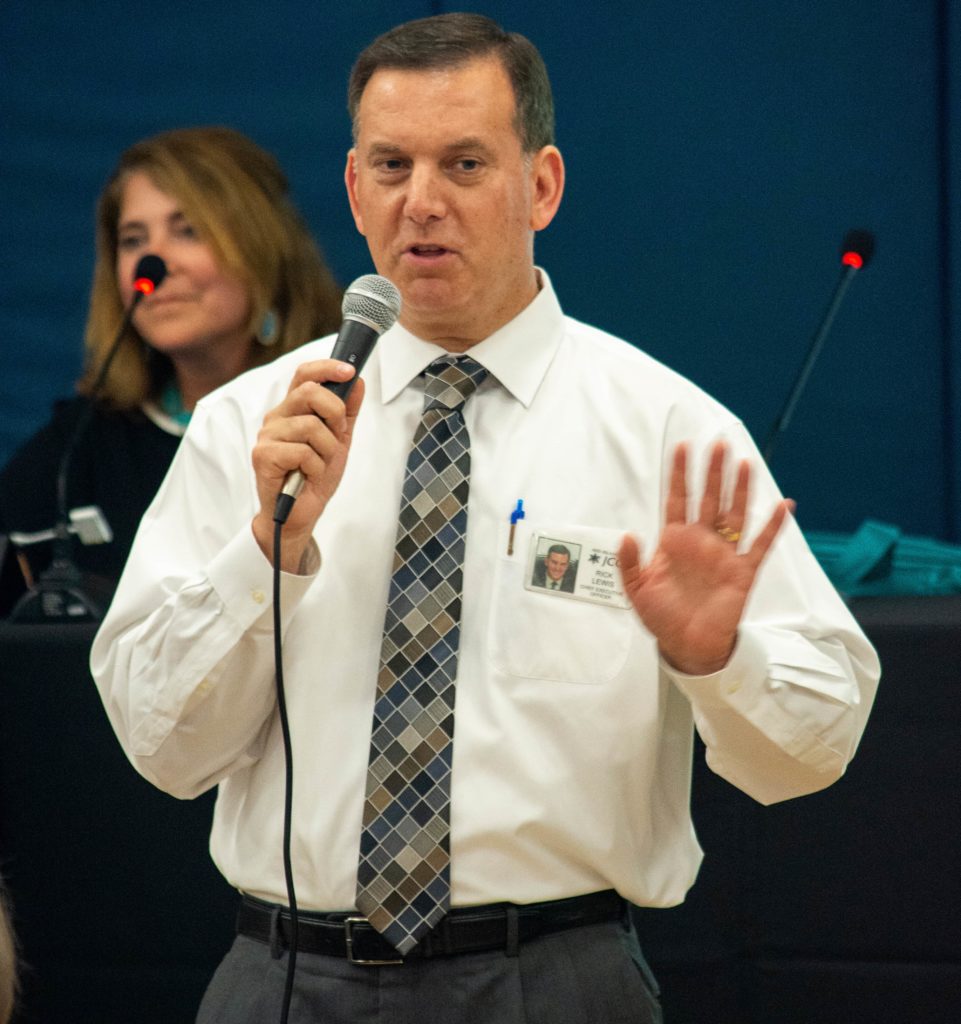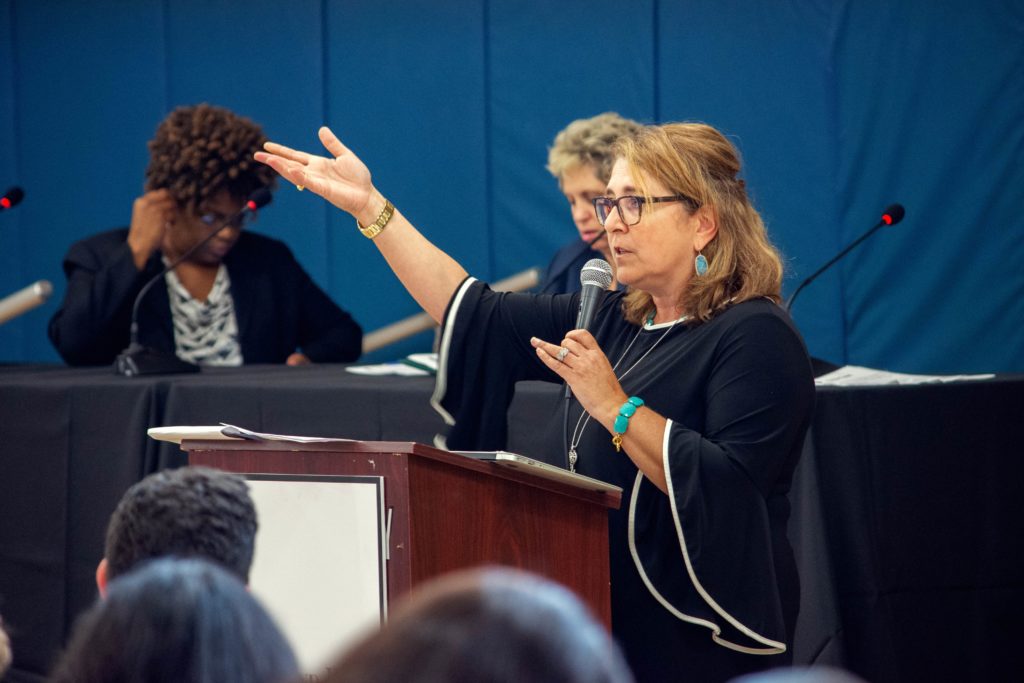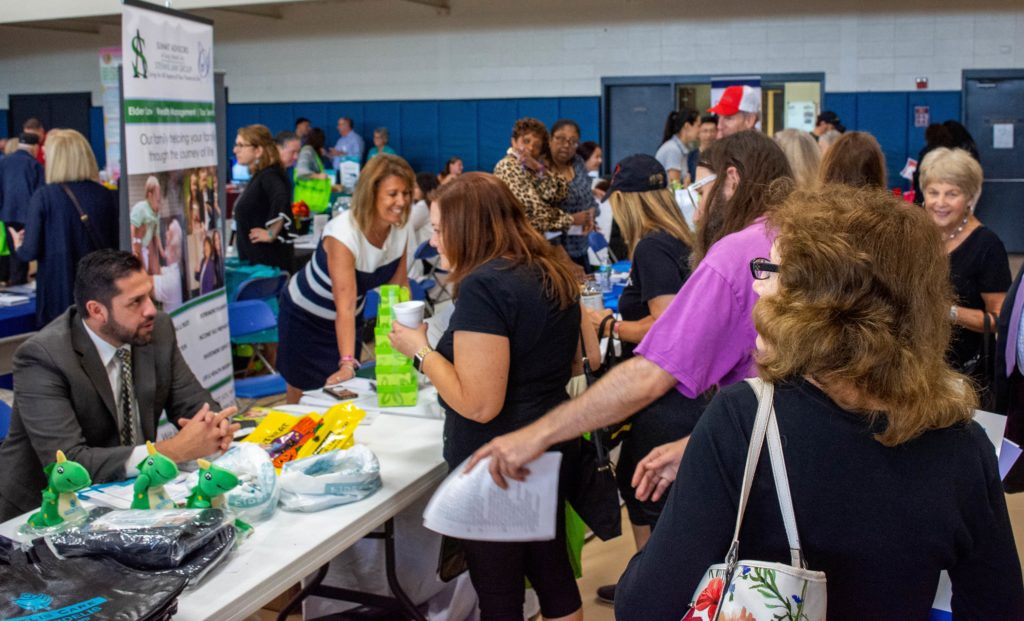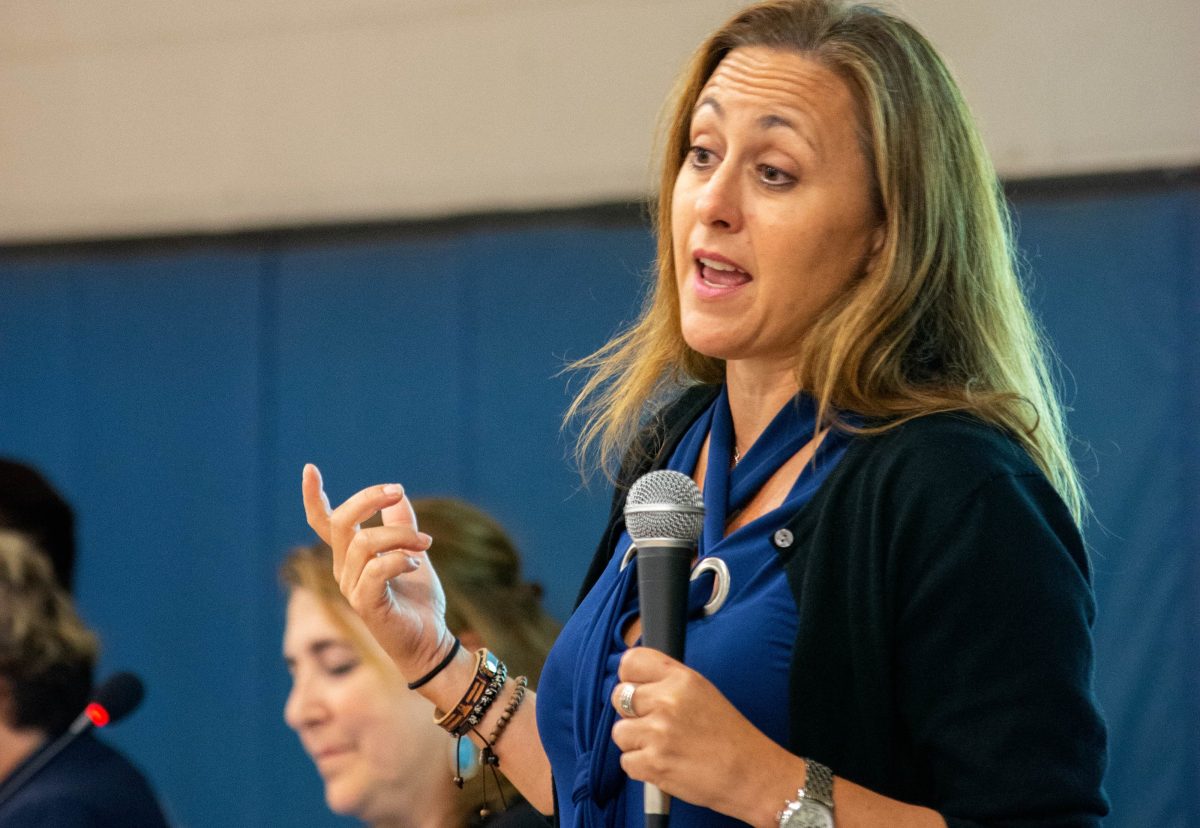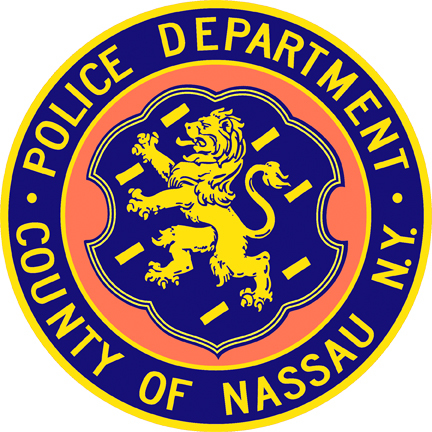Scores of Long Islanders acknowledged that they, like most Americans, put off making final arrangements or advanced directives in case of emergency, according to a recent unofficial poll of parents and seniors.
That was among the revelations made when a panel of health care, elder law and financial professionals took the stage Sept. 20 to share their expertise with hundreds of Senior Health & Wealth Expo attendees at the Mid-Island Y Jewish Community Center (JCC).
“Nobody wants to think about this stuff,” said Donna Stefans, an estate and elder law attorney who founded Woodbury-based Stefans Law Group. “But the power of attorney is the document that gives anybody the power to help you when you need the most help. This is what I advise everybody to have.”
Only about a third of U.S. adults have a written statement of their wishes regarding medical treatment in case they are unable to communicate them to a doctor, according to a 2017 study.
Besides preparing power of attorney and a last will and testament, Stefan added that a living will and either a revocable or non-revocable trust should be discussed to ensure both end-of-life care as well as protecting family members from squabbling over inheritance.
Researching whether to place a parent in a nursing home, adult day care or assisted living facility can be a similarly uncomfortable. But preparation is the key to avoiding being overwhelmed amid what experts term the “silver tsunami” of aging Baby Boomers, in which every day in the U.S. 10,000 people turn 65 and those living to 100 are the largest growing segment of the population.
“As we live longer lives, we want to add more life to our years,” said Amy Schiller, director of marketing for the Gurwin Jewish Nursing & Rehabilitation Center in Commack, uring the crowd to do their homework before deciding where to place an aging parent. “When you’re faced with these situations, you’re faced with learning a new language.”
The challenge is even greater for those trying to assist a loved one with Alzheimer’s Disease. But from identifying symptoms to caring for those diagnosed, help is available.
“It is a snowflake disease, which means that no two people are alike,” says Lindsay Knudsen, Director of Moderate Stage Program, Interns and Volunteers at the Westbury-based Long Island Alzheimer’s Foundation.
Symptoms can include memory loss that affects daily life, making poor financial decisions, difficulty doing routine tasks such as driving, losing track of the date, difficulty judging color or distance, not being able to retrace steps when losing something, lack of grooming, depression, paranoia and withdrawal. For those diagnosed with Alzheimer’s, the foundation offers a social model day care program, in-house respite, a music memory program, movie days and other programs.
Also on the panel were representatives of Agewell New York Health Plans, the New York State Public Service Commission and the 50 Plus Comedy Tour.
Sponsors included the Parker Jewish Institute for Health Care and Rehabilitation, the Gurwin Jewish Family of Healthcare Services, the Mid-Island Y Jewish Community Center, Noticia and the Long Island Press.
